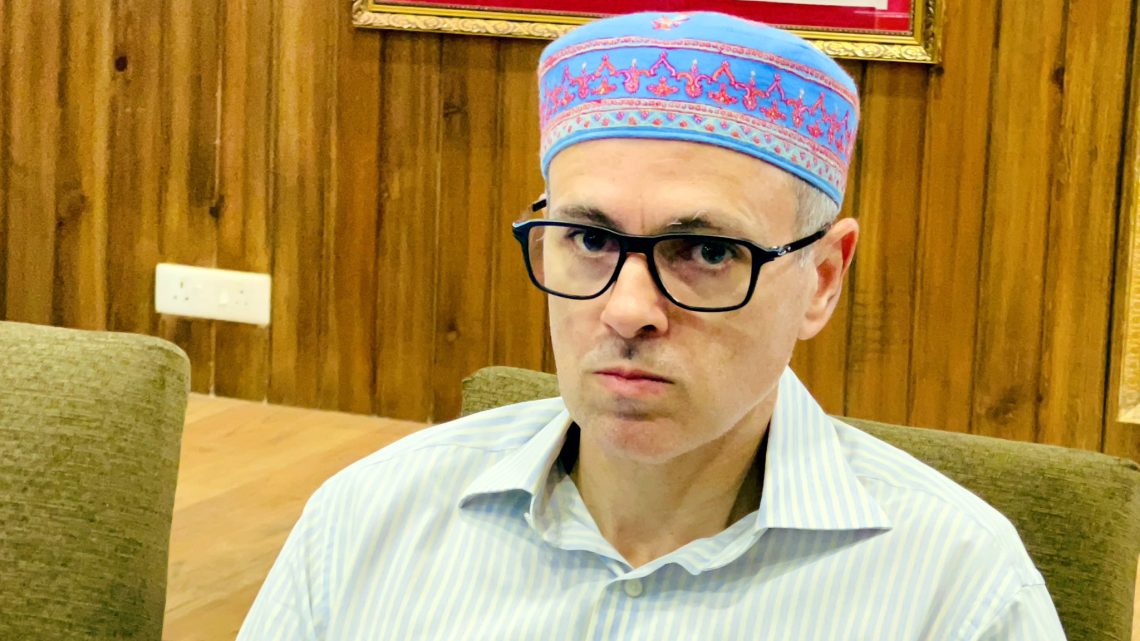
Omar Abdullah Raises Alarm over Misuse of New Laws in IIOJK by Indian Government
July 2, 2024National Conference Vice President Omar Abdullah has voiced serious concerns about the misuse of newly enforced laws in Indian illegally occupied Jammu and Kashmir (IIOJK). The laws, which came into effect on Monday, replace the Indian Penal Code (IPC) with the ‘Bharatiya Nyay Sanhita’ law.
Abdullah warned that these new laws offer even more potential for abuse than their predecessors, calling on the Modi government to reconsider their implementation. His concerns are serious as Indian police in the Kashmir valley have already begun registering cases under the new law, sparking widespread public apprehensions.
The introduction of the ‘Bharatiya Nyay Sanhita’ law has been met with fear among Kashmiris, who have long endured a history of draconian measures and human rights abuses. Abdullah’s warning highlights for these new laws to be wielded as tools of oppression, further curtailing the freedoms and rights of the Kashmiri people.
The timing of this legislative change is also notable, as it comes amid ongoing tensions and instability in the region. The new laws have been perceived by many as another step in a series of actions by the Indian government aimed at tightening control over the disputed territory. The fear is that, with more room for misuse, these laws could lead to an increase in arbitrary arrests, detentions, and other forms of state-sponsored repression.
Public apprehension is growing as the reality of these laws begins to take hold. Many fear that the broad and vague provisions within the ‘Bharatiya Nyay Sanhita’ law could be used to target dissent and silence opposition. The lack of clarity and oversight mechanisms within the law only adds to these fears, raising serious questions about the protection of civil liberties and human rights in IIOJK.
Abdullah’s call for the Modi government to reconsider the implementation of these laws is a plea for sanity and justice. It is a reminder that the rule of law should serve to protect, not oppress, and that any legal framework must have robust safeguards against misuse. His concerns echo the broader sentiment among Kashmiris and human rights advocates, who argue that the introduction of such laws without proper consultation or safeguards is a dangerous precedent.

